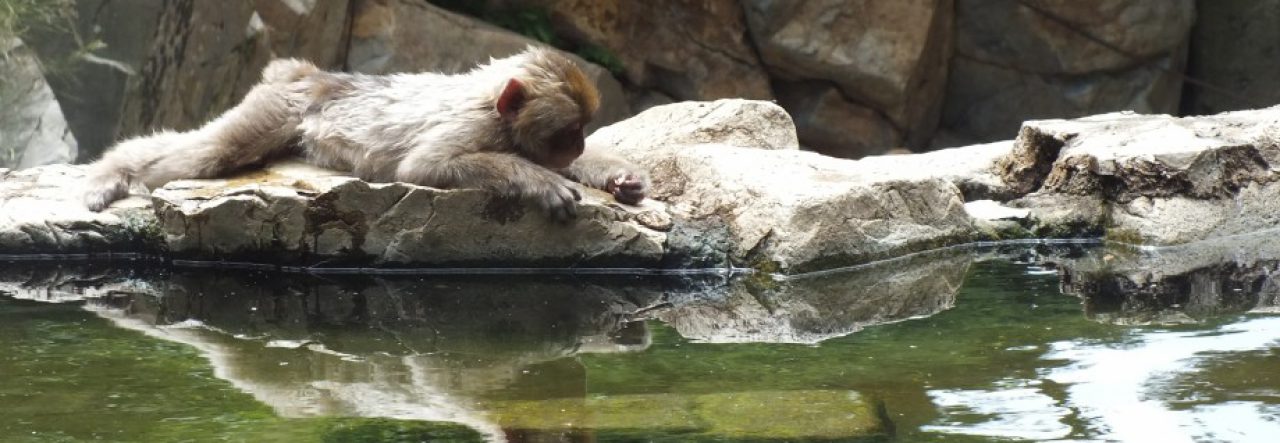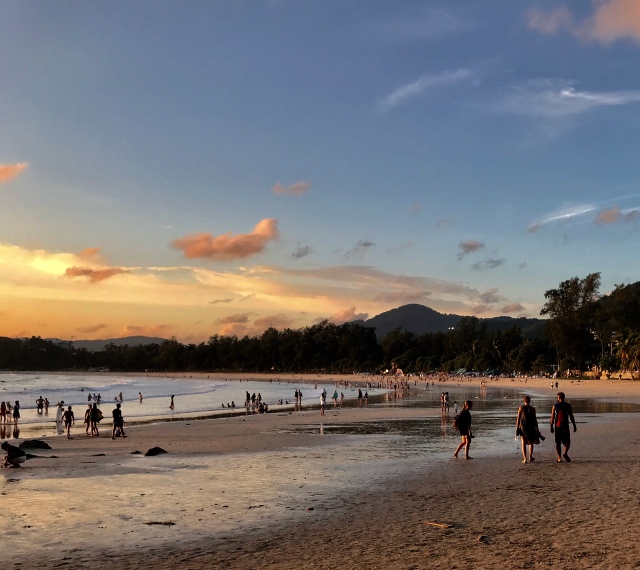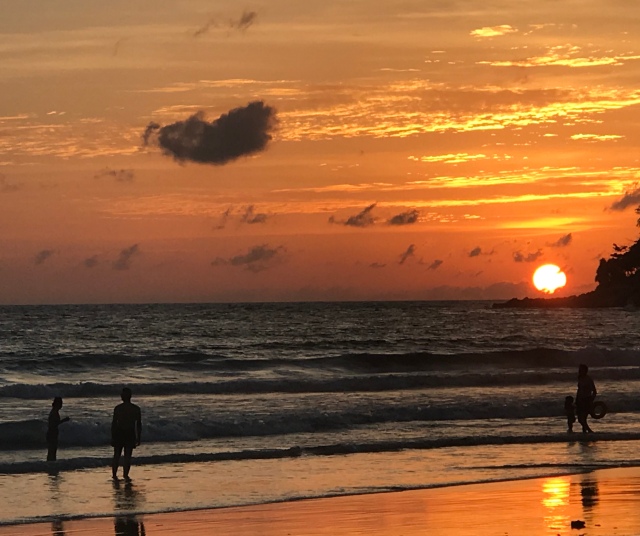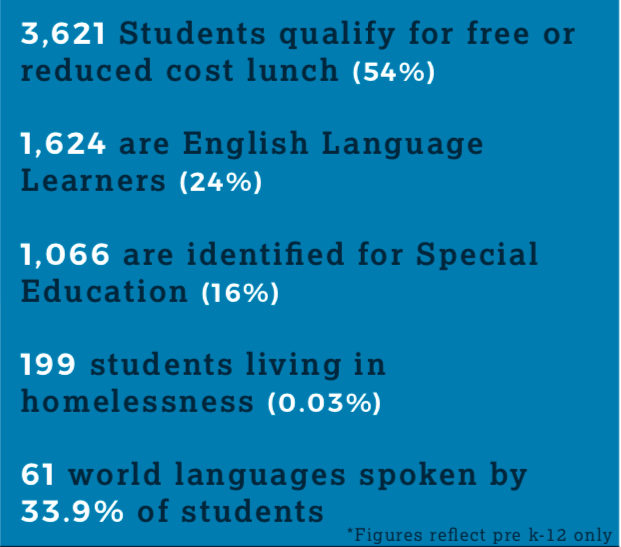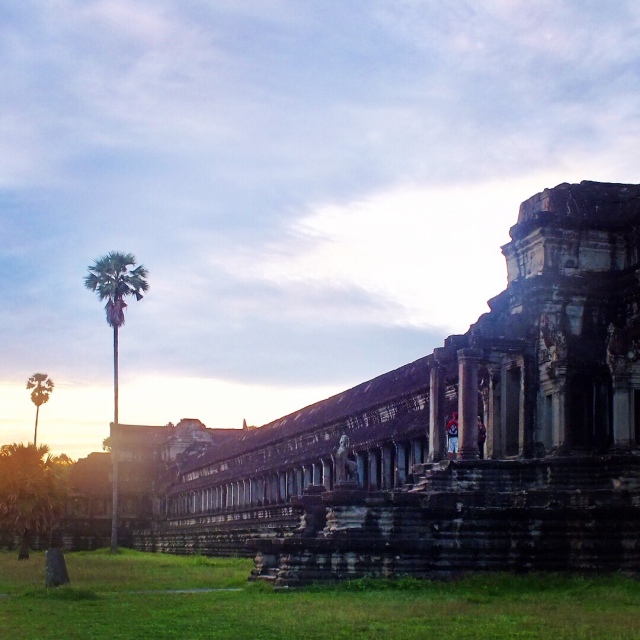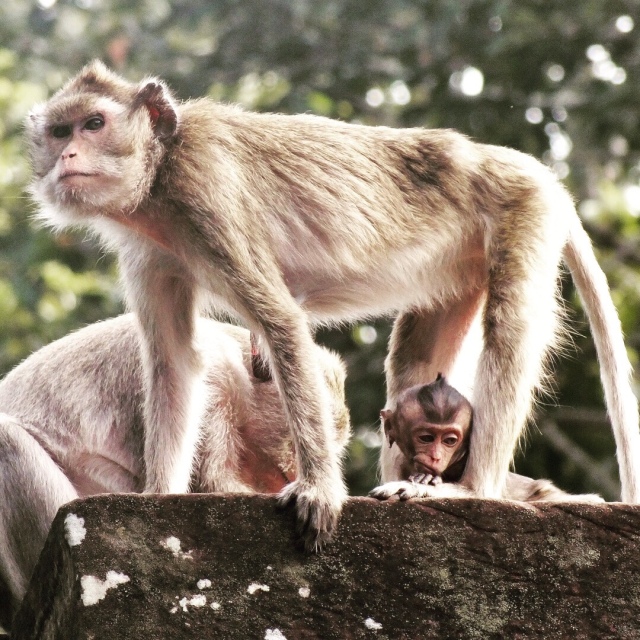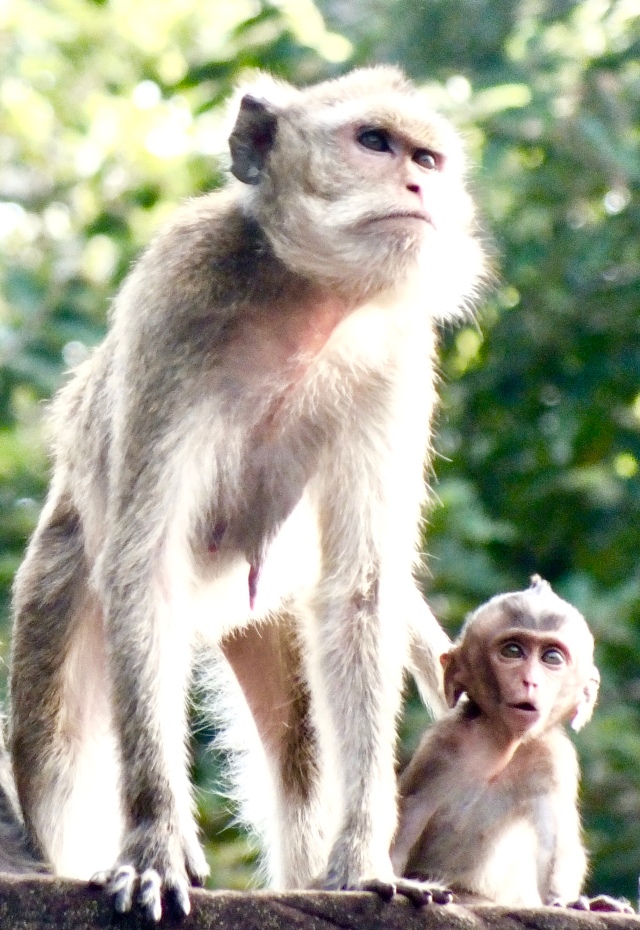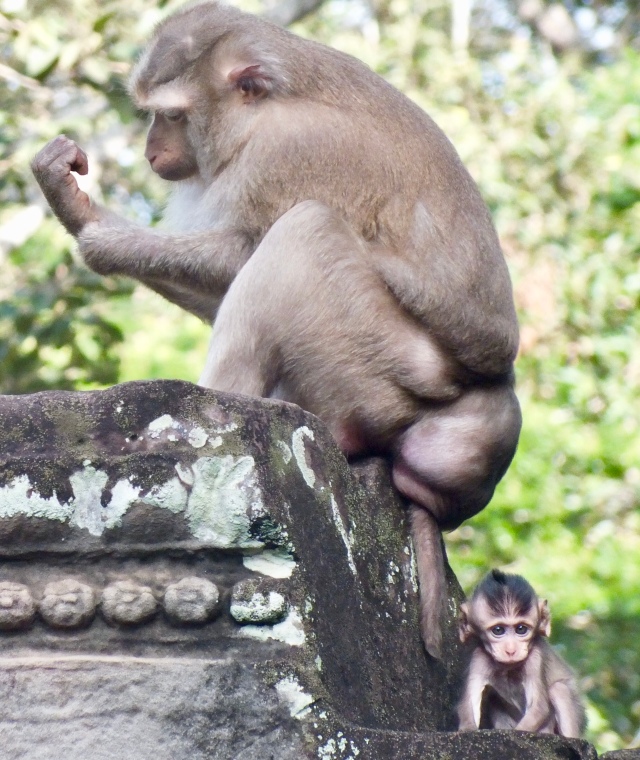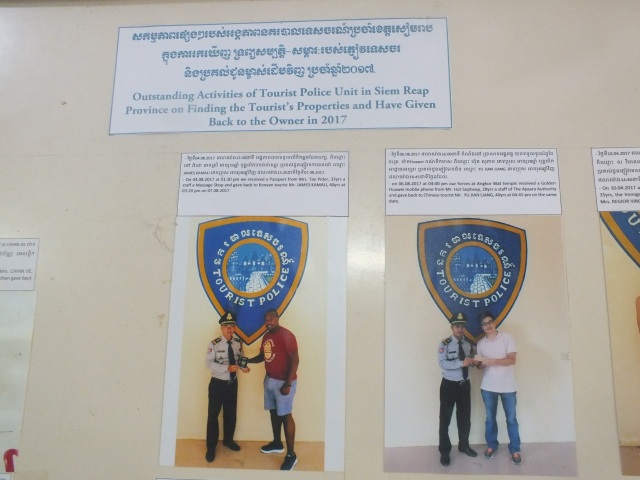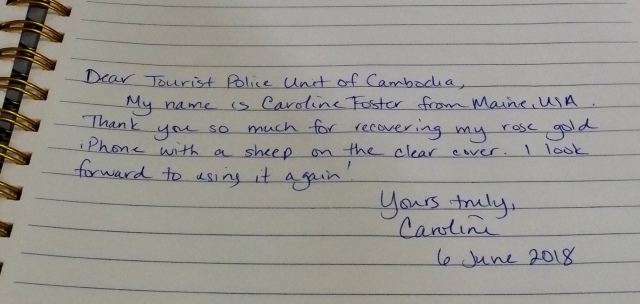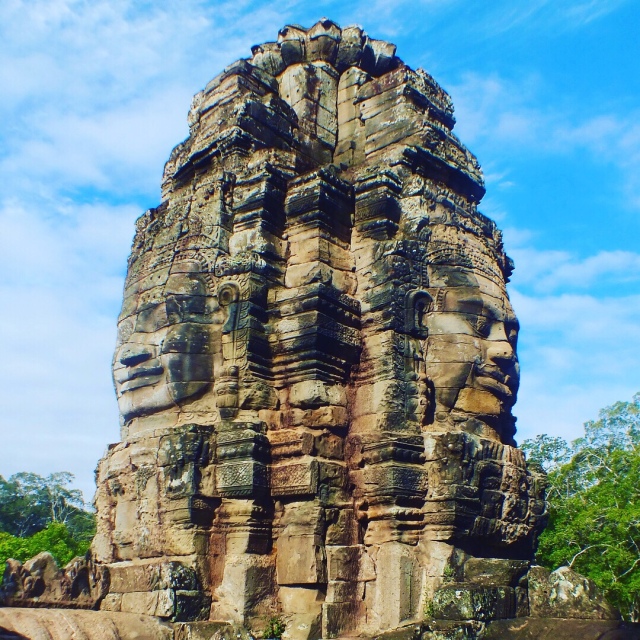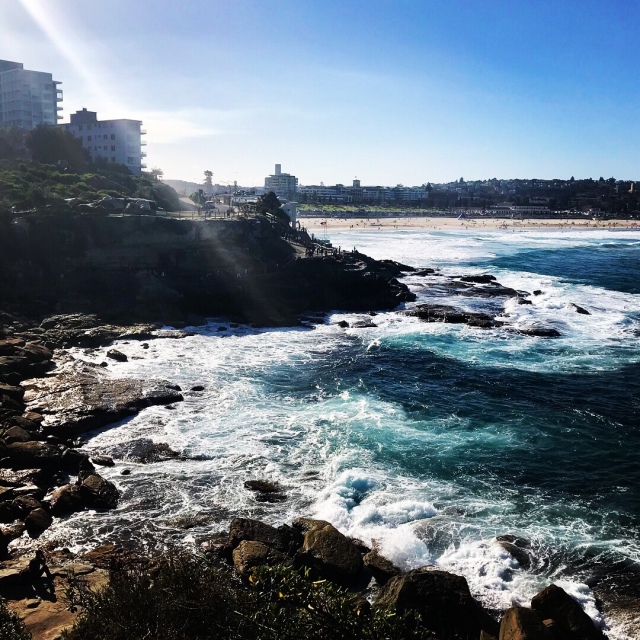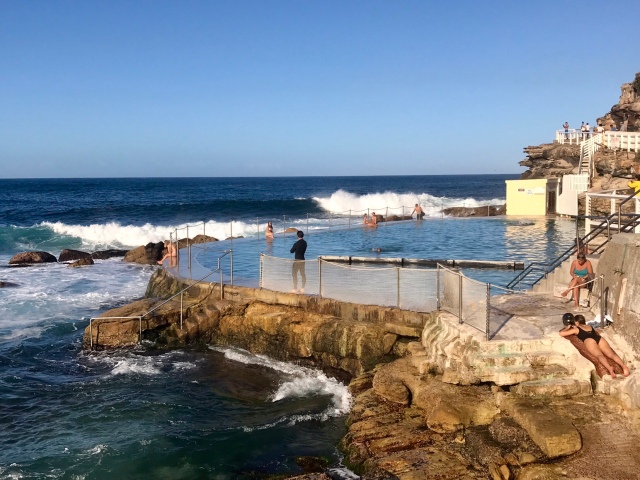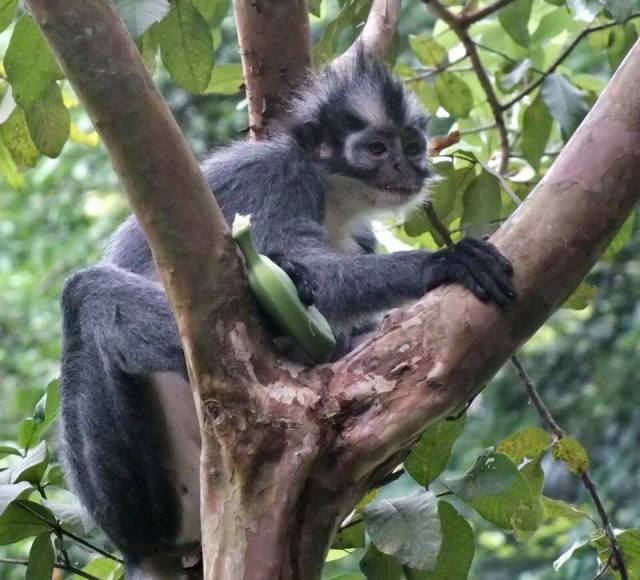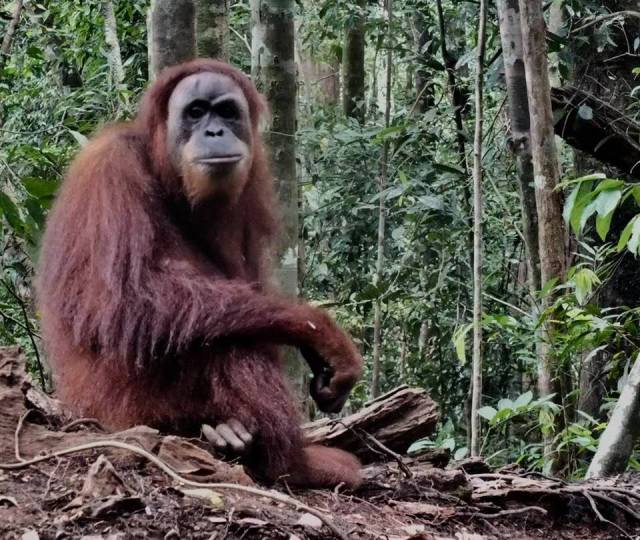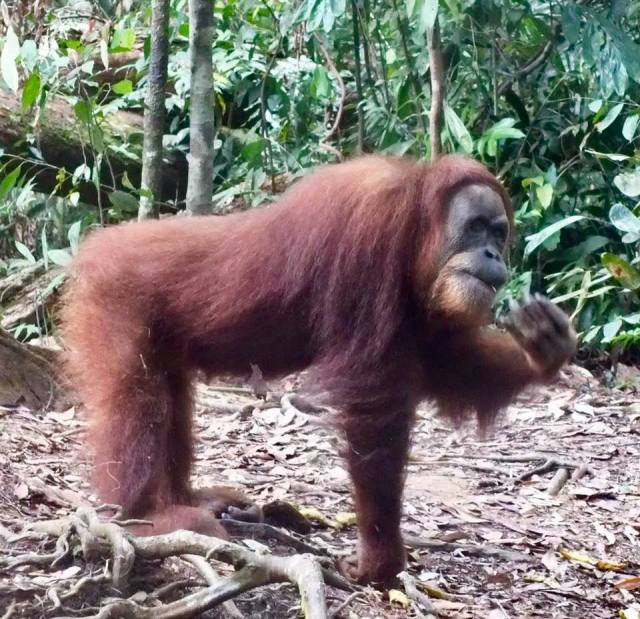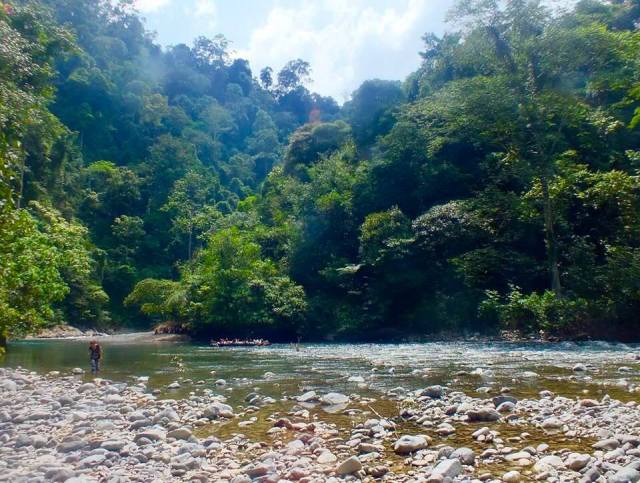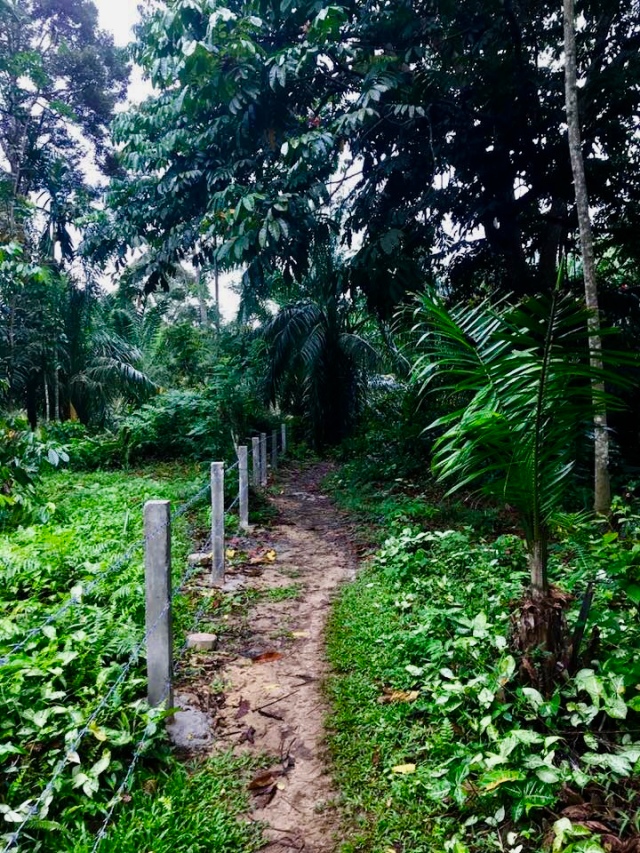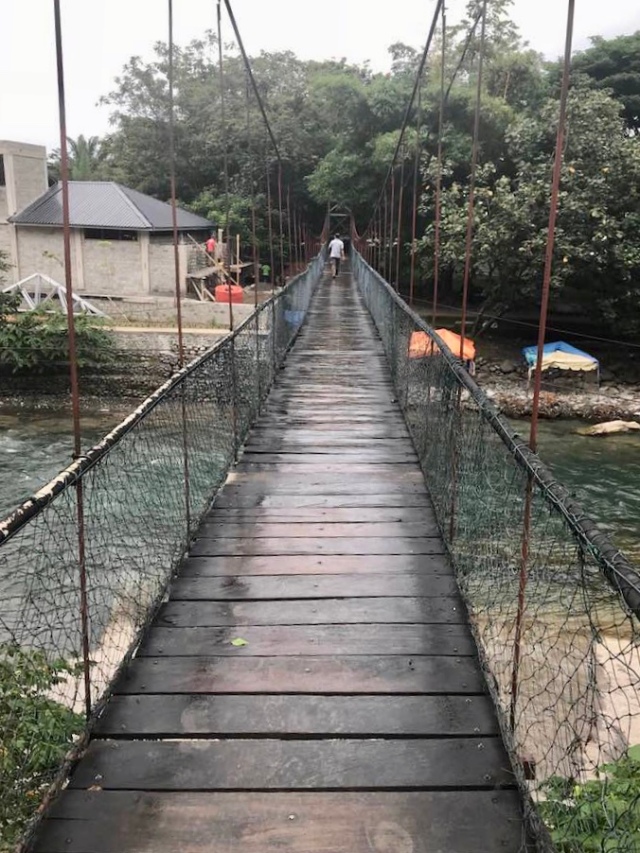Guten tag und salaam. Isme Mademoiselle Caroline Foster, und like une grande stupid idiot, I only learned how to say useless things like “hello” and “thank you” and “please I would like a potato salad” in German (all those things) Arabic (two of those things) and French (two of those things, plus I can say “Tabernacle! Christ in a culvert!” when I’m annoyed.
And I’m annoyed. I’m annoyed that I was a little too arrogant to pay attention to the “you know what? Morocco is beautiful and interesting and you’ll never have couscous and eggplant that tastes like that again, but as a woman- a woman who is completely map-deaf even when cities are laid out geometrically with names like Avenue A and Avenue B- maybe think about what you’re doing.”
And for the record, streets are alleys. They are not labeled, and businesses don’t have signs; they’re just doors in walls. Everything weaves around naturally like it’s literally one thousand years ago- which is when the walls were built- and donkeys, mopeds, and the occasional stray cat fight for the road’s five-foot wingspan. I am a fish out of water. I am a fish trying to walk upright in a land-based pride parade (which would not be allowed here, but I like the metaphor).
My day started when I let the manager of my riad (hotel, except with much prettier doors) know that I was ready to find an ATM so I could pay the angry cabdriver from my midnight airport ride. I sort of thought that would be charged to the room, but that was another presumptuous western supposition and I had to fix things. Since I had accidentally, on arrival, let a “oui” slip, he peppered all his instructions with words like “à gauche” and “à droit” and probably the French words for “definitely DO NOT let anyone grab you and lead you somewhere. If you look lost, you’re a goner.”
Anyway, I à droitted my way to being lost almost immediately, and before I knew what was happening, some guy had grabbed me (metaphorically) walked me two miles to an 11th century Berber tannery, shoved a handful of mint into my fist, and given me a Arabic lecture about the processing technique because maybe I had said “shokran” to some children who politely hadn’t murdered me with their bicycles and he thought I spoke the tongue.
He saw my face and switched to French. I said more “oui, oui” like a dummy, I think, and he eventually amended to English.
“See this! Cow, sheep, camel, goat. First step limestone, second step pigeon shit- 10 days pigeon shit. Ammonia! All natural. Jews, then Berbers… you buy something, buy a jacket.”
My wifi is not currently conducive to researching any of that, but the mint was a handy pigeon-shit-vat-cancellation device. I overpaid for a belt just to get the hell out of there, but promptly got lost again.
And again and again and again. Tabarnac! Wayons with this paying a child to walk me home and ask me how old I am and why I travel alone and don’t have children. It’s because I can’t afford them because I have to bribe my way out of Morocco!
I’m such a dummkopf and hope I can figure this out soon. Especially because the couscous really is delicious, and I’m damned if I can find my way back there.
If you look closely, you will see that this is an array of sheep testicles draped over a vat of poo de pigeon. And I dare you to have done something more interesting today.

